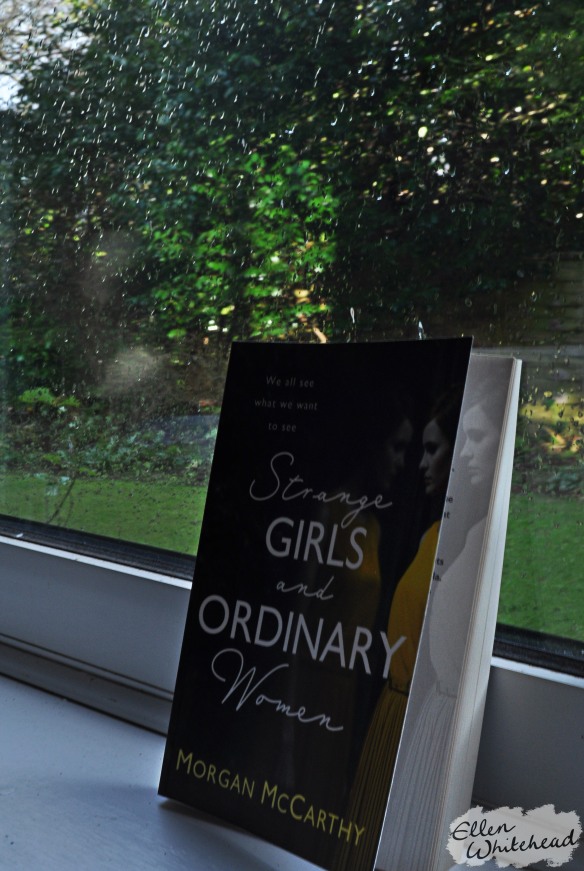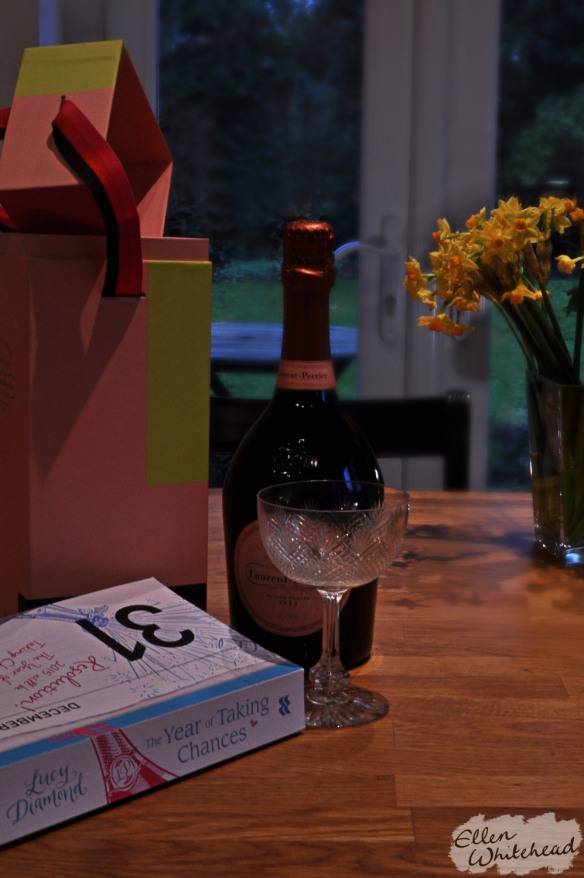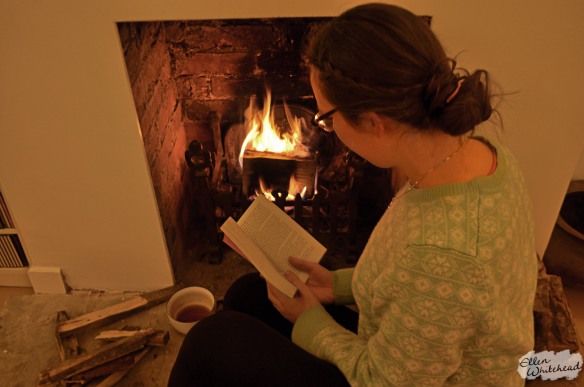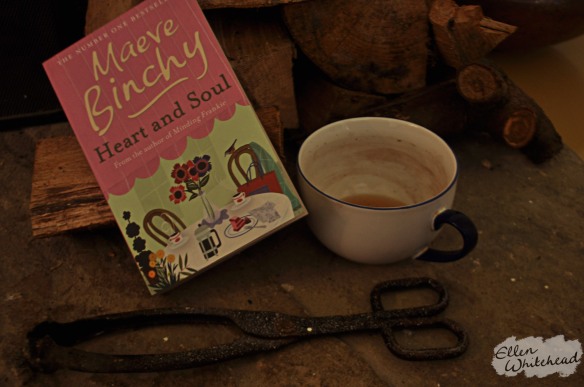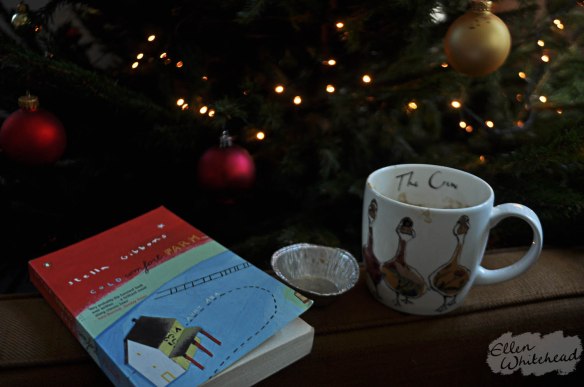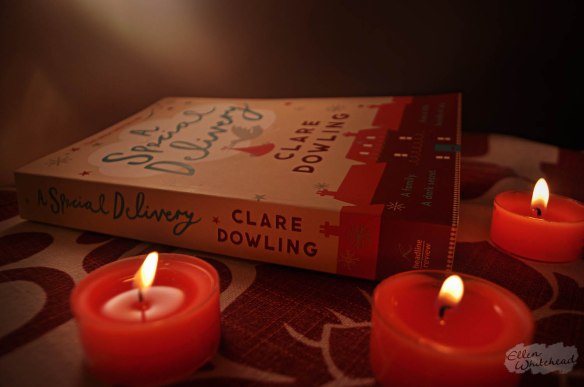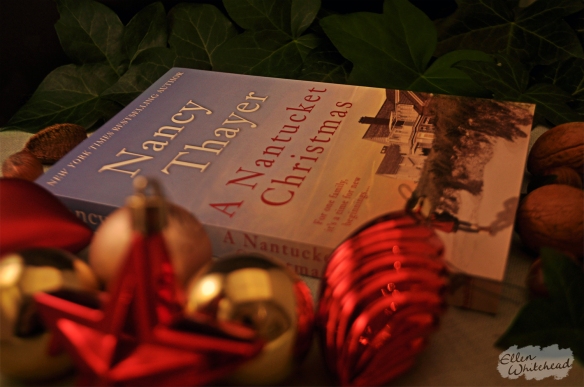Ian McEwan’s newest book The Children Act has been tipped for all kinds of awards, and when I noticed it had been described by the Dutch newspaper the NRC as the book of the year, I decided it was worth looking into this one. I haven’t read much McEwan, probably since 6th Form, and I think the problem is that his books really suffer from the fact that Atonement is essentially perfect, or at least seemed that way to me when I read it as a 16 year old, and I think that, of course, all his other books suffered by comparison.
The novel tells the story of Fiona, who’s private life is untangling as her husband declares his interest in pursuing an affair with a much younger women he has waiting in the wings. As her private life begins to crumble, so does Fiona’s trust in herself and her own judgement. This comes just as an important case, that involving a young patient with leukaemia, whose parents, Jehovah’s Witnesses, are refusing to allow him to gain life-giving blood transfusion treatment. The story comes mostly from Fiona’s point of view, and with Jack’s transgressions, she gains an almost innocent, sacrificial lamb quality, which we see reflected in Adam, the 17 year-old with cancer whose fate lies in her hands.
In this newest book McEwan follows the same kinds of patterns as Saturday or Solar by taking a highly respected pillar of reasoned society, in this case a high court family law judge, and making her the mouthpiece for a cultural debate of the moment. Here, in my opinion is where the book falls short of its potential. Where McEwan could engage in a nuanced argument about the role which the law, and by extension, perhaps, wider society should play in the upbringing, protection and lives of children, instead he launches into an attack on religion. The tirade is not subtle in its approach; encompassing a Muslim father who kidnaps his own child, an extremist Jewish community with incredibly sexist views, and the central Jehovah’s Witnesses who deny life giving blood transfusions.
The irony, of course, is that McEwan is himself as fundamentalist and dogmatic in his belief in atheism as the characters he writes of so disparagingly are in their religion. Where Fiona, his paragon of justice, is well-educated, well-off and well-adjusted, the father of Adam is from a dubious background, and a manual labourer to boot. Where the mother who escapes from the Jewish community is able to gain an education, those left behind remain impoverished and working for free. These simplistic reductions are echoed in the rhetoric of the novel, Adam’s parents, far from being angry that their deeply held religious wishes have been ignored, instead are glad that the decision was taken from their hand. Religion is described as the “poison”; law, reason and justice as the “antidote”.
Even more annoyingly, Fiona, who has excelled in her chosen profession, a seemingly strong female character, succeeding in a usually male dominated field, finds herself yearning for children, incomplete without them. She has sacrificed the maternal for the career and is left weaker for it, and not only this, she has not made the sacrifice willingly and actively but instead it is described almost more as a mistake; a series of missed opportunities. Motherhood slid her by, without her noticing, until she is left suddenly at almost sixty feeling almost un-womaned by her lack of children. Another way in which she is turned into a victim, alongside her cheating husband.
The book is well written; sparky, well paced, humorous in places, wry in others, evocative, and engaging. However, it seems a shame that McEwan’s obvious talents aren’t turned to more nuanced arguments, or indeed more multi-faceted characters.


